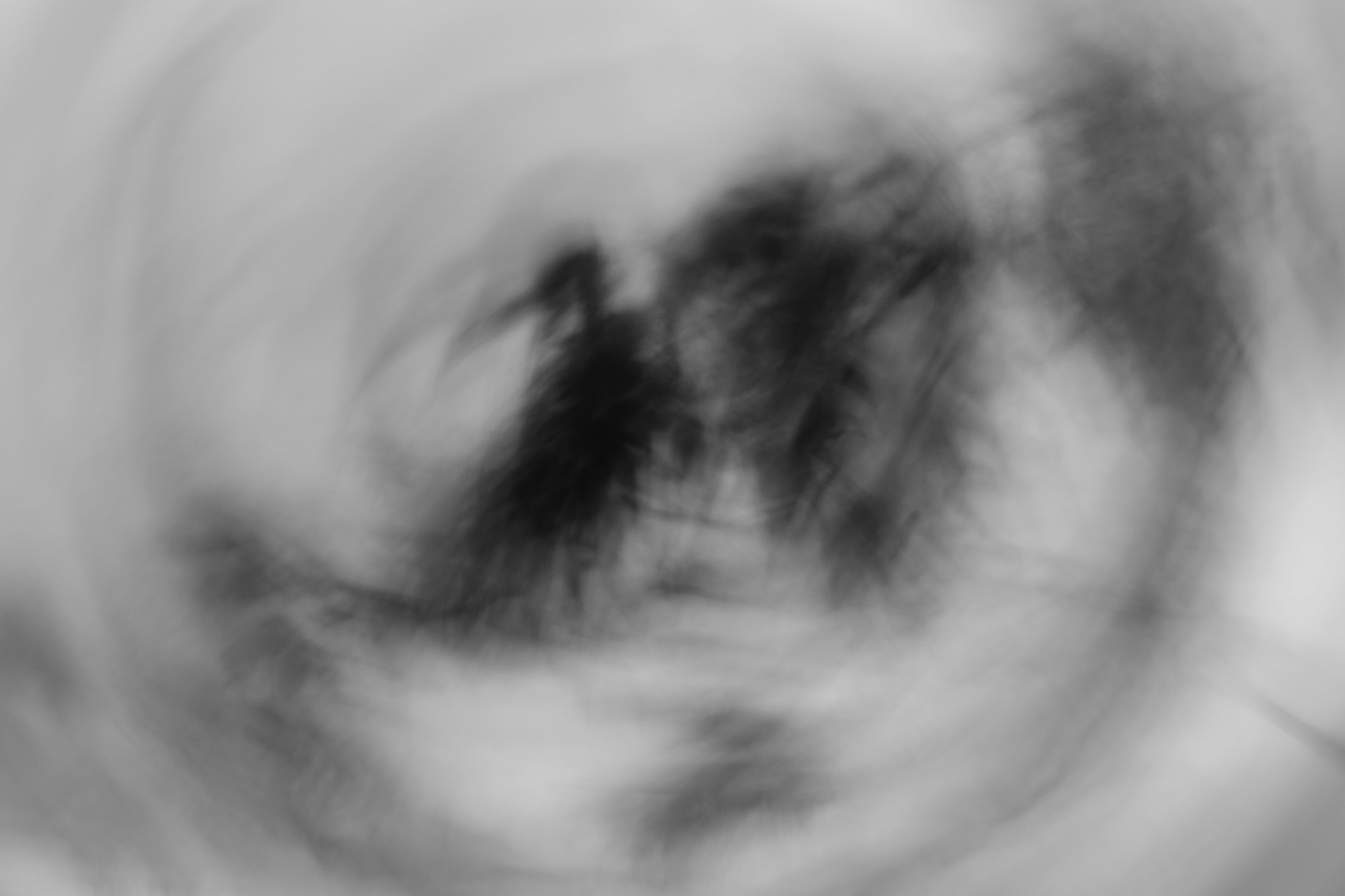
The End of the World As We Know It
It started with an earthquake.
“Oh, that’s great,” said Clem, spreading out her arms as if she could pin down the great tectonic plate below us with a full body slam. We were sitting, the four of us, on the field of grass next to the 101, Crissy Field spread out below us like a blanket. Looking down to the bay, I could make out the small black dots of dog walkers and joggers, standing in frozen shock or crouching next to panicked animals as the earth continued to rumble.
“Look at that,” Mike said, gesturing with his chin. We all followed his gaze in time to see the first cable of the Golden Gate Bridge snap, the bottom half falling impotently down towards the roiling water while the top section of the cable continued to whip about like a dying snake. It clattered silently against its neighbours; the sound reached us a fraction of a second later, denuded by distance. Birds, startled by the sudden awful awakening of their usually safe perch, swooped in and around the bridge’s supports, splattering the suspended traffic in their fear and anger.
“Jesus,” breathed Charlie.
As suddenly as it had started, the quake was over. Tentatively, we stood, brushing ourselves down, congratulating each other as if we had passed through the eye of a hurricane rather than merely sitting on the grass during a minor tremor that most San Franciscans had probably barely noticed. But we were new to the city; we hadn’t yet learned its ways.
We walked back to Clem’s car, a modern Volkswagen Beetle that I’m sure felt like an imposter whenever it drove through the Haight district, ancestral home of the hippy. She had stencilled a daisy on one door, but it served only to accent our out-of-town-ness. I hated it, but in this town anything beat walking.
As we pulled out of the parking lot, Charlie clicked on the radio, flipping quickly through the multitude of channels. Snatches of a song that I really liked were interrupted by fire-and-brimstone preachers; talk radio; breathless news broadcasts:
“… Unprecedented event … an aeroplane … the world serves it’s own needs, brothers and sisters … wire, in a fire … you’re vitriolic, patriotic … the Rapture and the reverent … combat site … step down …”
“What the hell is going on?” asked Mike of no one in particular.
Back home, six o’clock: TV hour. Charlie and Mike had stayed in our apartment all afternoon, as we hungrily listened for news of the quake’s aftermath. Reports had arrived in batches, as if the baffled reporters merely waited to find out who would jump first, and then hung onto their coattails, dutifully repeating any new facts of the hour, all of them petrified of being trumped by some rogue team with actual news to report.
Local news stations stuck to their earthquake script, honed over decades of life in the so-called ‘seismic hazard zone’; experts were trotted out from Stanford and UCB to explain how quakes were caused, residents interviewed about liquefaction insurance, and more than a few references were made to 1906 and “The Big One.” We agreed that local news anchors could probably do this in their sleep.
Further afield, though, the reports became more strange.
Bright lights had been reported across the country, and it was starting to look as if the time of these events all matched our local quake. Every piece of scaffolding in the tristate area had spontaneously collapsed, and they were still pulling out body parts. Army uniforms at a remote combat training facility in the Mojave foothills had burst into flame, burning down the logistics depot and leaving several soldiers with full thickness burns from which they were not expected to recover. Cars across the Midwest had suffered blowouts; helicopter footage depicted interstate pile-ups and burning cars stretching into the distance along the featureless motorways. A weather reporter somewhere in the deep south declared that these events could only herald the Rapture, and began to rend his clothing before the camera swung awkwardly away and the channel swiftly cut to an advertorial.
“I dreamed about this,” said Clem, “the other night. Not exactly this, but there was an earthquake, and then there were mountains, right through the city, dividing it. But they weren’t like proper mountains — they were all in a straight line. It was trippy.”
We looked at her, all of us privately wondering for just a moment whether we were sitting here, watching TV, with the oracle of the end of the world.
“I dreamed about eating cheesecake at a birthday party,” said Mike, and the mood broke and we all laughed.
Government spokespeople came and went. Apparently the head of FEMA, or DEFRA, or whatever acronymic department it is that’s responsible for deciding how we should all react to unpredictable catastrophes, had stepped down from his post.
“Guess we’ll have to save ourselves now,” said Charlie, but the mood in the apartment had darkened with the evening sky and nobody laughed this time. From the windows we could see an orange glow to the north, as if the setting sun had overflowed into the San Pablo Bay. I lit candles and placed them around the room, on the kitchen counter and the windowsills; it didn’t seem appropriate to turn on the harsh overhead lights.
Eventually Charlie and Mike left, and Clem and I sat on the floor in front of the television, the sound turned down, watching the same baffled reporters silently regurgitate the absence of news.
“Have you heard of the Furies?” Clem said suddenly.
I shook my head.
“They were Greek goddesses of vengeance. Alecto, Megaera and Tisiphone: eternal, resentful, vengeful destruction. They were born from the castration of Uranus, the sky god.”
I wrapped my arms around my legs and placed my chin on my knees, listening. Clem was studying classical history at San Francisco State, and would often interrupt our conversations to expose the ancient roots of modern stories. The others would sometimes joke about it behind her back, but I always found it fascinating.
“They lived under the earth,” she continued, “and had the job of dealing with anyone that was ungrateful for what they received. They carried whips tipped with brass, that they would use to punish anyone who deserved it. They would whip them until their skin came off and they died, screaming in agony.”
I shivered involuntarily at her description, hugging myself tighter. “Is that us?” I asked. “Do you think we’re being punished for being ungrateful? For having too much?”
She looked at me. The reflected lights from the TV screen coloured her face in sequence, first red, now white, then blue. “I don’t know. Maybe?” She had a sad smile. “I don’t want this to be the end of the world, Dani. This can’t be the end. I feel fine.”
I nodded. Perhaps it was the end, and it simply wasn’t coming in a hurry, but I too felt no fear. I reached across and took her hand. In fact, I felt pretty psyched.
